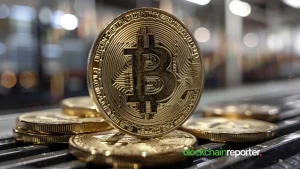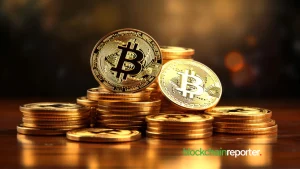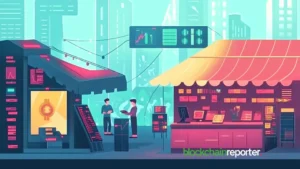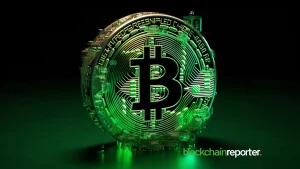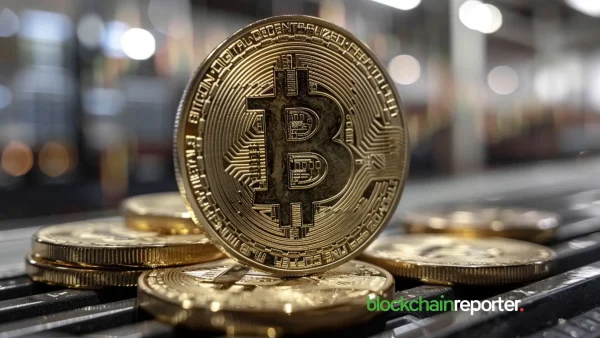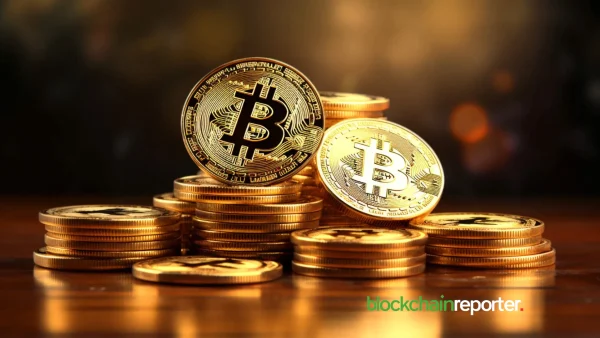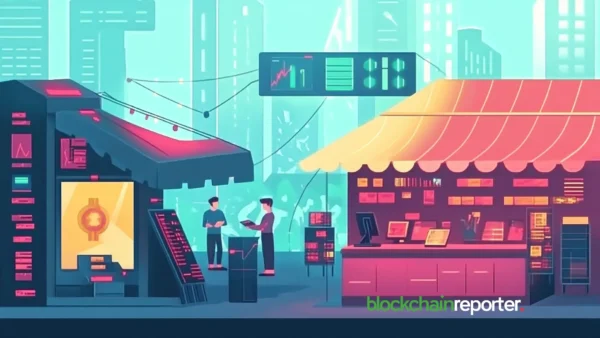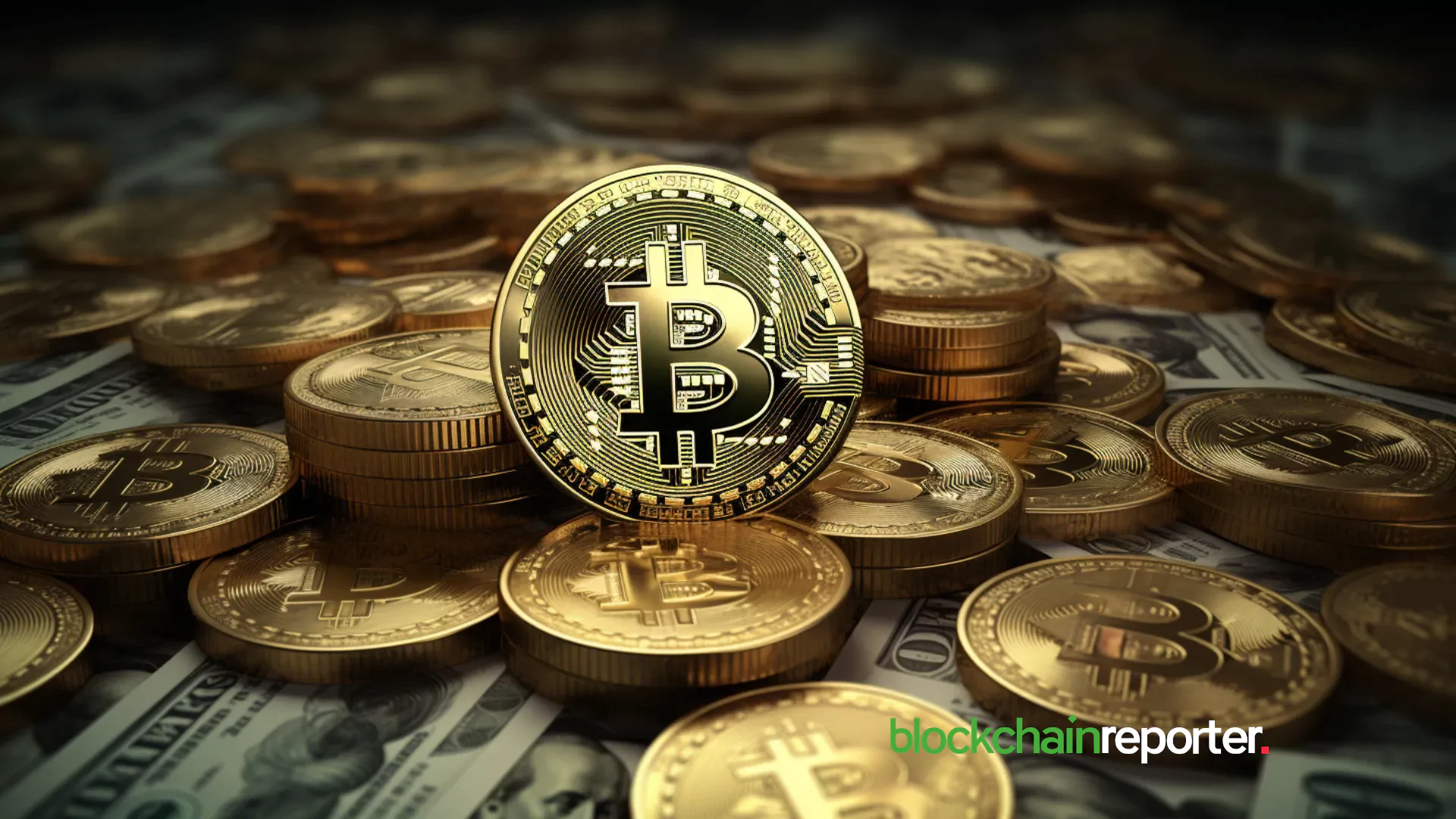
Since the beginning of the year, the price of Bitcoin and virtually every other cryptocurrency has been in a steady decline
In the present situation, traders have become even more skeptical after seeing the fate of Terra LUNA. The expectation of some traders that the price will halt at 35k had already been shattered and now the red flags have been raised when the price fell below 30k on 18th May.
In the last week, Bitcoin had lost more than 4 percent of its market value leaving traders confused about whether they should sell or Hodl. The mindset of people is changing now because at the time of writing Bitcoin is being traded at 30,600 dollars which touched its peak last year at 68k dollars plus.
Critical Evaluation of The Situation
If we critically evaluate the present situation or crisis, it is not Bitcoin that should be criticized because every DeFi is bleeding. The present layer of the bearish movement started after authorities announced an increase in the interest rates. This announcement acted as a stimulus and as a result, institutional traders sold huge chunks of Bitcoin within 48 hours. Individual traders have also started to buy stable coins which means that they are planning to convert them into fiat soon. Under the present circumstances, the chances of a swift recovery of Bitcoin are feeble.
The bearish trend in the crypto prices is now in its 7th week which is the largest streak after the Corona Virus market crash in 2020. This time Bitcoin has not displayed any autonomous reflex which is a point of concern here and a hint that it is going to come down more before recovery. It is pertinent to mention here that last year, the price of Bitcoin came as low as 25k dollars and it seems like history is repeating itself once again. Only those traders are Hodling at that time who believe that the prices would reach 2022’s highest point in the last quarter.
Traders Paranoid By The Free-Fall
The current decline in the market cap of the seventh consecutive red week depicts the fear that is prevailing in the minds of traders. The general sentiment of the crypto community as noted by Blockchainreporter’s news analysts through social media also suggests that there is uncertainty in the market and traders have started to panic. Terra LUNA’s unbelievable free fall is also linked to this fear which has doomed the otherwise well-performing asset within a short period.
People’s trust in stable coins has also been elevated with this catastrophic fall of TerraUSD. It is the fear that can convert a bullish trend into a bearish one. The effects of the Terra Luna crash are visible in the whole crypto market. As a desperate measure, Terra blockchain was stopped for many hours to bring the sentiment towards a neutral position but to no avail. This is not the only desperate move by the management of Terra because Luna Foundation Guard bought and pumped $3.5 billion worth of Bitcoin into Terra as a CPR but this attempt has also proved fruitless. Till now, the life savings of thousands of traders have been wiped out from the landscape.

